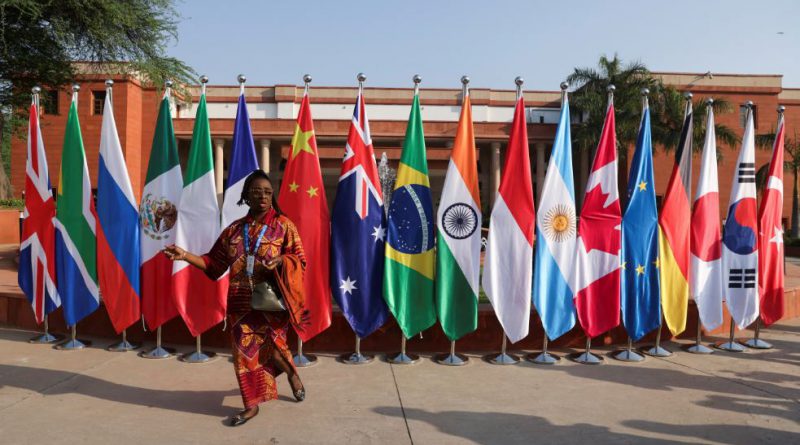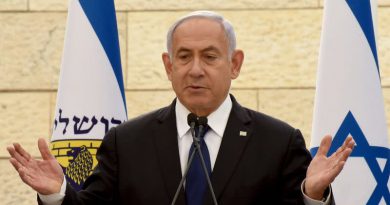Imran Khan, the cricket star who ditched playboy image to rule Pakistan
(Reuters) – Former Pakistan Prime Minister Imran Khan, a cricketing hero-turned-politician who was arrested on Tuesday, whipped up popular support amid decades-high inflation and a crippling economic slowdown before his ouster last year.
The 70-year-old has since showed no sign of slowing down, even after being wounded in a November attack on his convoy as he lead a protest march to Islamabad calling for snap general elections.
Khan had for months averted arrest in a number of cases registered against him that include charges of instigating crowds to violence. There were massive protests against previous attempts to arrest him.
Khan was pushed out of the premiership in April last year amid public frustration at high inflation, rising deficits and endemic corruption that he had promised to stamp out.
The Supreme Court overturned his decision to dissolve parliament and defections from his ruling coalition meant he lost the no confidence vote that followed.
That put him among a long list of elected Pakistani prime ministers who have failed to see out their full terms – none has done so since independence in 1947.
In 2018, the cricket legend who led Pakistan to its only World Cup win in 1992, rallied the country behind his vision of a corruption-free, prosperous nation respected abroad. But the firebrand nationalist’s fame and charisma were not enough.
Once criticised for being under the thumb of the powerful military establishment, Khan’s ouster came following worsening relations between him and then army chief General Qamar Javed Bajwa.
The military, which has an outsized role in Pakistan having ruled the country for nearly half of its history and won control over some of its biggest economic institutions, has said it remains neutral towards politics.
Sudden Rise
But Khan is again among the country’s most popular leaders, according to local polls.
His rise to power in 2018 came over two decades after he first launched his political party, the Pakistan Tehreek-i-Insaf (PTI), or Pakistan Movement for Justice party, in 1996.
Despite his fame and status as a hero in cricket-mad Pakistan, PTI languished in Pakistan’s political wilderness, not winning a seat other than Khan’s for 17 years.
In 2011, Khan began drawing huge crowds of young Pakistanis disillusioned with endemic corruption, chronic electricity shortages and crises in education and unemployment.
He drew even greater backing in the ensuing years, with educated Pakistani expatriates leaving their jobs to work for his party and pop musicians and actors joining his campaign.
His goal, Khan told supporters in 2018, was to turn Pakistan from a country with a “small group of wealthy and a sea of poor” into an “example for a humane system, a just system, for the world, of what an Islamic welfare state is”.
That year he was victorious, marking a rare ascension by a sporting hero to the pinnacle of politics. Observers cautioned, however, that his biggest enemy was his own rhetoric, having raised supporters’ hopes sky high.
PlayBoy To Reformer
Born in 1952, the son of a civil engineer, Khan grew up with four sisters in an affluent urban Pashtun family in Lahore, Pakistan’s second-biggest city.
After a privileged education, he went on to the University of Oxford where he graduated with a degree in Philosophy, Politics and Economics.
As his cricket career flourished, he developed a playboy reputation in London in the late 1970s.
In 1995, he married Jemima Goldsmith, daughter of business tycoon James Goldsmith. The couple, who had two sons together, divorced in 2004. A second marriage to TV journalist Reham Nayyar Khan also ended in divorce.
His third marriage to Bushra Bibi, a spiritual leader whom Khan had come to know during his visits to a 13th century shrine in Pakistan, reflected his deepening interest in Sufism – a form of Islamic practice that emphasises spiritual closeness to God.
Once in power, Khan embarked on his plan of building a “welfare” state modelled on what he said was an ideal system dating back to the Islamic world some 14 centuries earlier.
But his anti-corruption drive was heavily criticised as a tool for sidelining political opponents – many of whom were imprisoned on charges of graft.
Pakistan’s generals also remained powerful and military officers, retired and serving, were placed in charge of more than a dozen civilian institutions.



